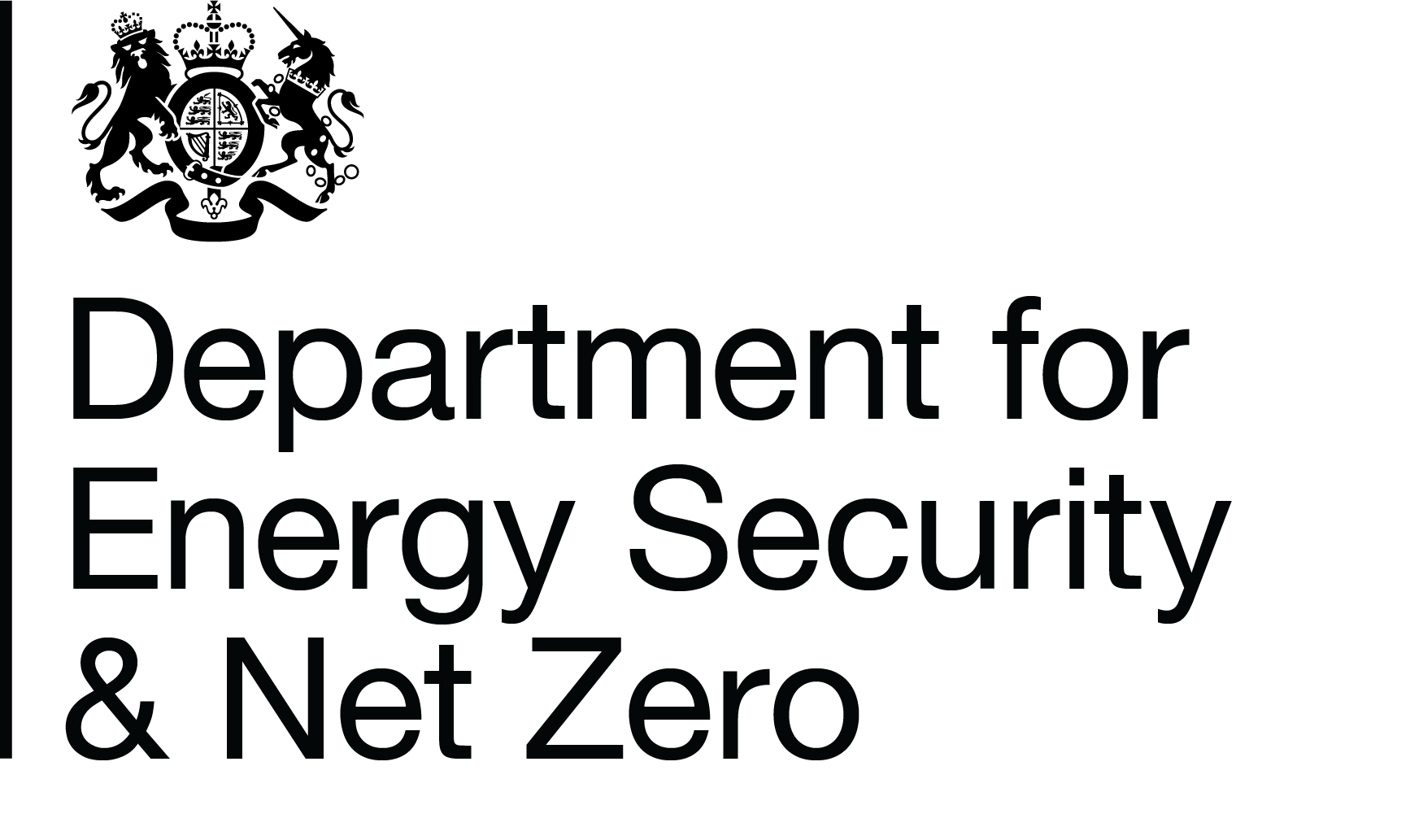Community Energy Call for Evidence
Overview
This consultation was carried out by the Department of Energy and Climate Change. In July 2016, the department merged with the Department for Business and Innovation and Skills to form the Department for Business, Energy and Industrial Strategy.
The Communty Energy Call for Evidence can be found by following this link:
http://www.gov.uk/government/consultations/community-energy-call-for-evidence
Community energy is on the rise in the UK, reconnecting communities to the energy they use. It is already making a difference to local jobs and local supply chains. It can unlock community investment and help to bring communities together. And it can support security of energy supply and help the country to reduce its carbon footprint.
A whole range of projects are being undertaken by groups around the UK: from a community-run advice service in Hampshire promoting energy efficiency, to a community-owned wind farm just north of Swansea which can power hundreds of homes; and from a renewable heat project in Herefordshire where fossil fuels are replaced by locally-grown biomass, to a swathe of collective switching schemes across the country.
We believe that community energy has the potential to achieve even more, offering new solutions where Government action alone is not enough. To help unlock this potential, Government needs to understand the benefits, get to the heart of the barriers that are faced by communities, and find ways of overcoming them. Later this year, we will publish a Community Energy Strategy setting out our vision, together with a plan for making that vision a reality.
To underpin the Strategy, this Call for Evidence seeks data in three areas: benefits, barriers, and solutions.
To identify the true potential of community energy, we need good evidence about its benefits. This might include delivering outcomes more effectively and cheaply than Government action alone; improving public engagement in energy and climate change issues; and wider benefits such as improved health, stronger communities and local economic growth. More detail on the kind of evidence we are looking for is in Section 5 of the document.
Community energy groups often face barriers to getting started and becoming sustainable over the longer term. Our initial discussions with community energy groups have identified barriers across five main categories: community capacity and capability; access to funding; legal and regulatory framework; networks and grid; and evidence and evaluation. We want to gather evidence on these barriers and identify any others which may exist. More detail on these barriers is given in Section 7 of the document.
We also want to hear about solutions: ways in which the barriers can be overcome. This includes helping community energy groups to access skills, information and advice; access funding; navigate regulatory barriers; demonstrate their impact; and work in partnership with others such as local government, business and voluntary sector organisations. More details are outlined in Section 7 of the document.
We want to hear from everyone with an interest in community energy. This includes communities themselves, community energy intermediaries, financiers, energy companies, local authorities, developers, builders, planners and members of the public. We would also like to hear from community networks and civil society organisations, even where energy issues are not the main focus of their work.
Not all aspects of the Call for Evidence will be relevant to all organisations. We want to encourage as many people as possible to respond. A list of all the questions in the Call for Evidence is in Annex of the Call for Evidence. We encourage you to respond to as many or as few of these questions as you wish.
Who should respond?
In this Call for Evidence, we want to hear from community energy groups and community energy intermediaries (such as membership organisations or those offering support and advice to community energy groups), as well as all others with an interest in community energy, including banks, private equity firms, venture capitalists, infrastructure funds, energy companies (supply, networks and generation), developers, builders, planners, local authorities (including parish councils), other local organisations, health professionals and members of the public. We would also like to hear from community networks and parts of civic society who have an interest in energy, even if it is just a small part of the organisation’s remit.
We know that England, Wales, Scotland and Northern Ireland have taken a range of different approaches to community energy (see section 6 of the Call for Evidence). We are keen to learn lessons from the most effective approaches across the whole of the UK, and we welcome evidence from all four nations. Some parts of the energy system are the responsibility of the respective Devolved Administrations (such as overall climate change policy) while other policies apply across several parts of the UK (for example, Feed-in Tariffs apply in England, Scotland and Wales). Therefore some parts of the Community Energy Strategy will apply to the whole UK, some will apply to several parts of the UK, and others will apply to England only. In areas where the Strategy does not apply, policy will be the responsibility of the Devolved Administrations.
This document highlights many examples of successful community energy projects. However, we know that there may be other communities who want to start energy projects but are not sure how to get started, or who have tried to start projects and faced barriers to doing so. We want to hear from these groups as well.
Audiences
- Wind
- Wave and tidal
- Construction
- Investment
- Retail
- Property
- Finance
- Installer
- Landlord
- Universities
- General public
- The Devolved Administrations
- Charities and Third Sector organisations
- Non-Government Organisations
Interests
- Coal
- Distributed energy and heat
- International
- Renewable energy
- Energy and climate change
- Energy efficiency
- Housing
- Electricity
- Fuel poverty
- Oil and gas
- Security and resilience

Share
Share on Twitter Share on Facebook